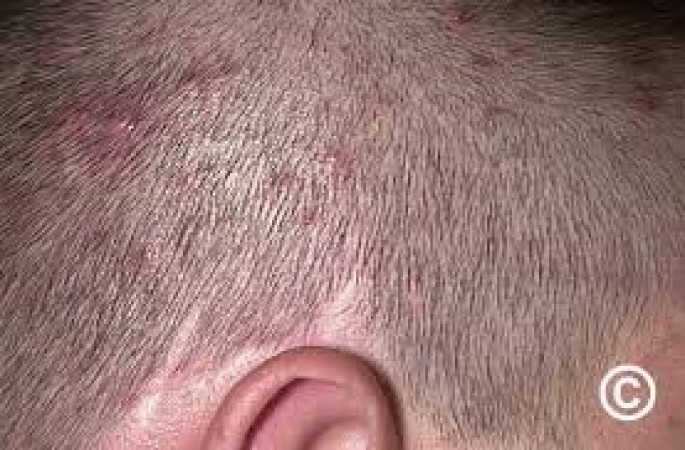
Folliculitis is an inflammation or infection of the hair follicles, the tiny pockets from which each hair grows. It can occur anywhere on the body that has hair, but it's particularly common on the scalp. This condition can be caused by a variety of factors and can lead to uncomfortable symptoms.
Causes of Folliculitis
Folliculitis is often caused by bacteria, such as Staphylococcus aureus. However, it can also be caused by viruses, fungi, or even an inflammation from ingrown hairs. Factors like poor hygiene, tight hairstyles, excessive sweating, or certain medical conditions can increase your risk.
Symptoms of Folliculitis
Common symptoms include red, swollen hair follicles; itchy, burning skin; pus-filled blisters; and tender, painful skin. In severe cases, it can cause hair loss or scarring.
Diagnosing Folliculitis of the Scalp
Physical Examination
A healthcare provider can often diagnose folliculitis by examining your skin and reviewing your medical history. They'll look for the characteristic signs of inflamed, possibly pus-filled hair follicles.
Laboratory Tests
In some cases, your healthcare provider may take a sample of the pus or affected skin to identify the cause of the infection. This can help guide treatment decisions.
Managing Folliculitis of the Scalp
Home Remedies
Mild cases of folliculitis often respond well to home remedies. These can include warm compresses, over-the-counter antiseptic washes, and avoiding activities that irritate your skin.
Medical Treatments
For more severe cases, your healthcare provider may prescribe antibiotics or antifungal medications. In some cases, they may recommend laser hair removal to reduce the chance of recurrence.
Prevention of Scalp Folliculitis
Personal Hygiene
Maintaining good personal hygiene is crucial in preventing folliculitis. This includes regular shampooing, avoiding sharing personal items like hats or hairbrushes, and avoiding tight hairstyles that can irritate your scalp.
Healthy Lifestyle Choices
A healthy diet, regular exercise, and adequate sleep can boost your immune system and help prevent infections, including folliculitis.
When to Seek Medical Help
If your symptoms persist despite home treatment, or if they're severe or recurrent, it's important to seek medical help. Your healthcare provider can provide more targeted treatments and help prevent complications. Folliculitis of the scalp can be a frustrating condition, but with the right knowledge and care, it can be effectively managed. Remember, maintaining good hygiene and a healthy lifestyle can go a long way in preventing this condition. If you're experiencing persistent or severe symptoms, don't hesitate to seek medical help.
Dragon Fruit: Exploring the Antioxidant-Rich Wonder with Dragon-Like Scales
5 Essential Steps to Better Mental Health
Embracing Nature: The Unstoppable Rise of Organic and Natural Skincare Products